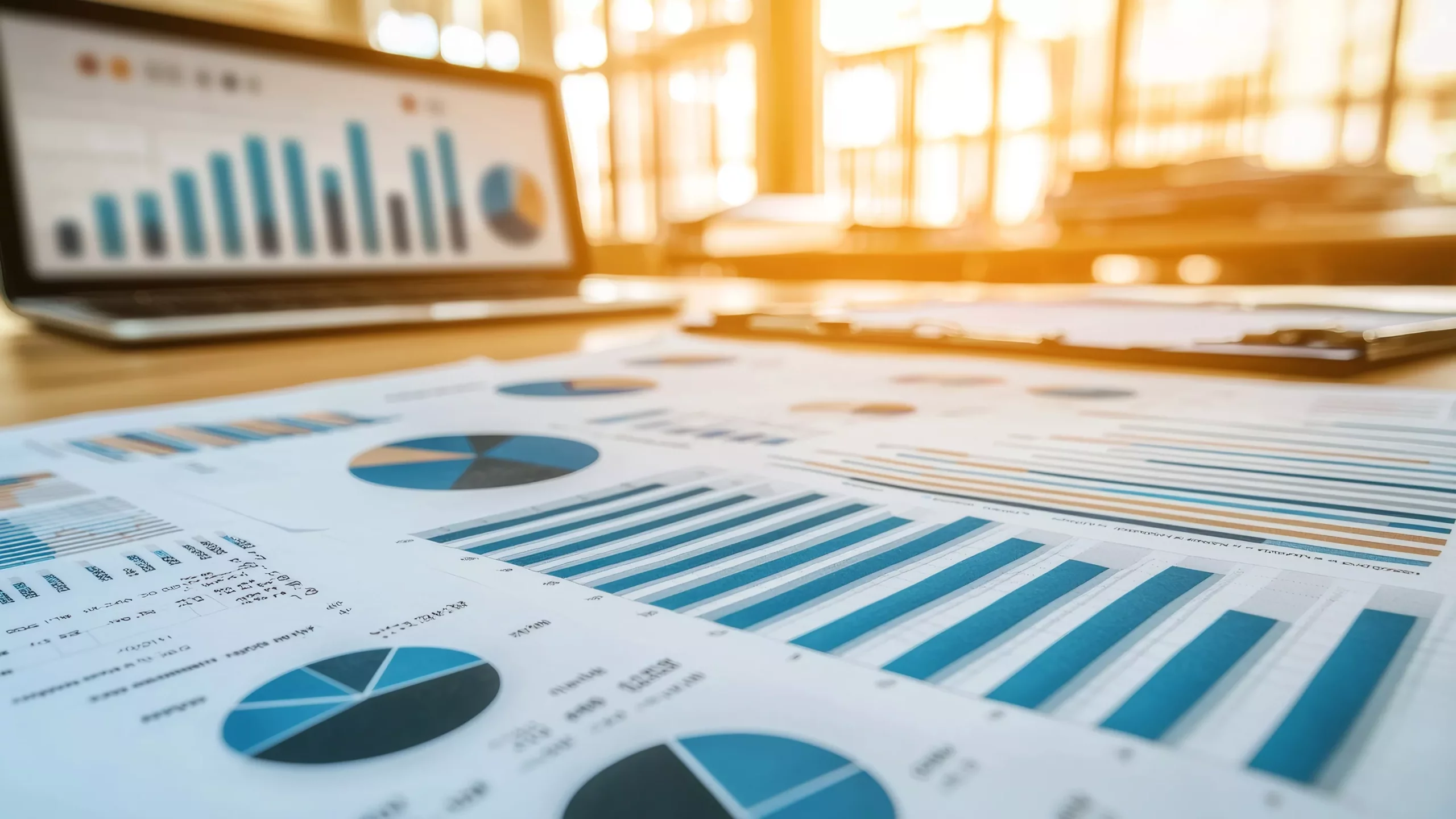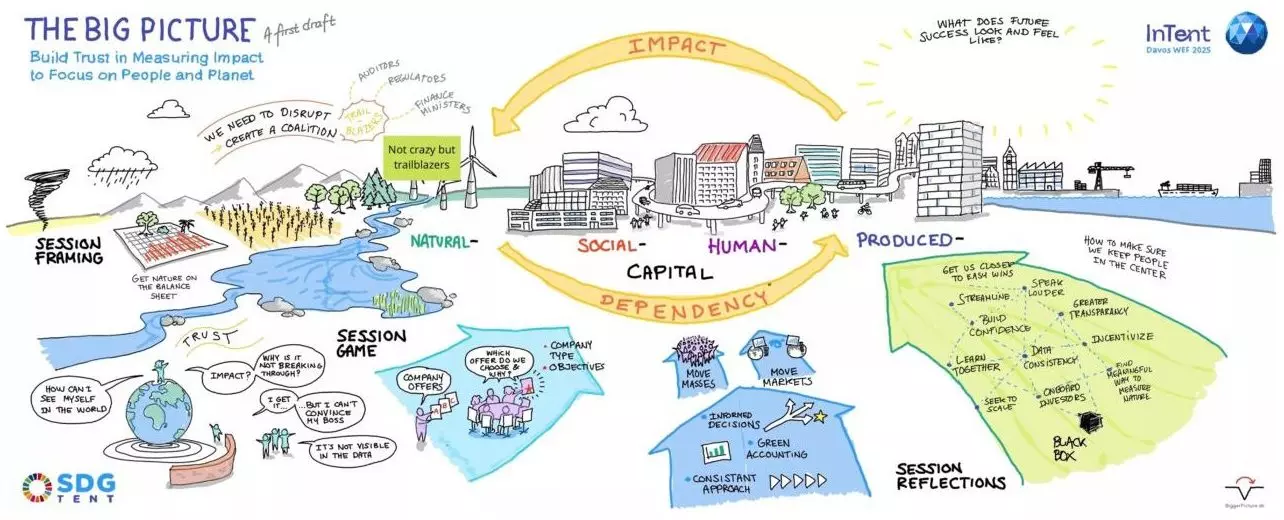Once you really believe in the process, you can take the data to your Chief Financial Officer, or to an investor, so they too can make enlightened decisions, relying on the fact that there is governance and consistency behind it. If we can make those results trustworthy, that’s when people will start using them. Because it’s not that we can’t do this work, it’s that we don’t trust the results.

Can accountants save the world?
Accounting is the language of our economy. For decades, it has measured and reported financial capital only, sidelining nature, people, and the society that sustains it. Yet, what we value dictates what we protect—and what we fail to account for, we ultimately risk losing.
In this conversation, Katell le Goulven interviews Mark Gough, CEO of the Capitals Coalition, about the urgent need to empower our global accounting system and the financial paradigm in which it is rooted. Can accountants save the world by enabling a globally trusted system of measure and reporting that values all forms of capital? The short answer is yes – and this is the mission Mark Gough and the Capitals Coalition have signed up for.
Katell le Goulven: You held a workshop with the Capitals Coalition focusing on building trust in an accounting system which values people and the planet. During this workshop, you mentioned that your ultimate objective is “to change the economic system.” What do you mean by that?
Mark Gough: Today, our global economic system accounts for one capital: financial capital. But it doesn’t include nature, people, nor society, even though these are the things that we all – in our daily lives – really care about. The economic system as it stands focuses on finance: its actors are incentivized to make more money. But money is a proxy for other things. It is a language of value that we have based on a set of rules that are trusted globally, across sectors. We need those rules, and that level of trust in them in the way we value nature, people and society, so that we can build confidence in a system that accounts for what matters most: our lives, our health, our relationships, our security, etc.
I see our accounting system as a music equalizer. If you move up one of the dials really high, the music will sound off. If you optimize them and have finance, people, nature, society, all at the right level, you’ll get music that is harmonized and pleasant to listen to.
The results of most of the elections in this last year demonstrated that people around the world are not seeing themselves represented in this over-financialized economic system. If we changed how we judge success, by including not only financial capital but also natural, human and social capital in our balance sheets, we would have a very different economic system – one that people can identify with because it would reflect what matters most to them. So ultimately, what we – at Capitals Coalition – want to do in the next 10 years, is ensure that the economic system recognizes the value of all four of those capitals.
At the moment, what matters most to us – wildfires, the security of our family, the health of our loved ones, are all externalities, which is a word we tend to use in accounting to define everything that is “outside of that economic system.” But if we don’t include these externalities simply because they are not accounted for in the economic system we can not make informed decisions. Decisions that generate climate change, biodiversity loss and inequalities – the things that really matter to us all.
People say they are capitalists, but they only have one capital. There are four capitals. That makes a much better capitalist.
Katell le Goulven: And what about regulations? Many European and global policies are telling companies what to measure and disclose. What’s your role vis-à-vis these regulations?
Mark Gough: Most regulations around impact disclosure tell you what to disclose. We focus on the how. How do you measure and disclose, so that you understand these relationships not just as data reporting, but as meaningful accounting that serves your organization’s strategy and decision-making. Here again, it is about trust. So, at the moment, companies may be assessing this or that because regulations demand it. But what is in it for them? Do they understand and have confidence in how these numbers reflect their impact on and dependencies on nature and people in a way that serves their organization’s purpose?
Yes, accountants will save the world.

A visual synthesis by Ole Qvist-Sørensen. This collaborative drawing summarizes the workshop “Build Trust in Measuring Impact to Focus on People and Planet”, co-hosted by InTent and the Capitals Coalition at the SDG Tent, Davos, in January 2025.
Stay updated
Register to InTent newsletter to stay informed on our programmes, events and latest news